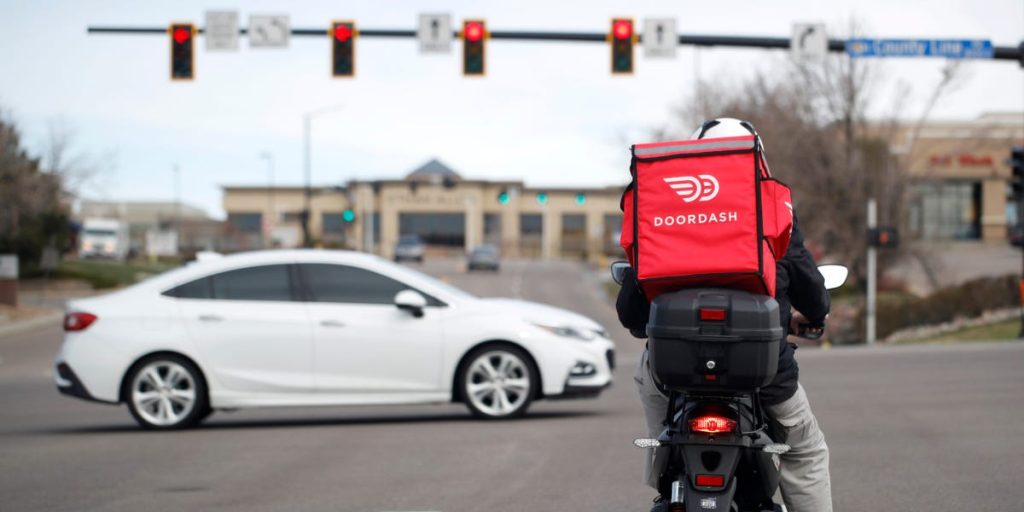- A new federal rule aims to reset how companies determine whether their workers are employees or contractors.
- But gig delivery companies like DoorDash and Instacart say they don’t plan to make any changes.
- Lawsuits from workers and court rulings on them could decide the rule’s effects.
If you make deliveries as a gig worker, don’t expect any changes from a new federal rule — at least, not immediately.
The rule, issued on Tuesday by the Department of Labor, outlines six factors to decide whether a worker is an employee or an independent contractor. The factors include how permanent the work is, whether the worker has invested any resources or money in the work, the degree of control an employer has over the person’s work, and how essential the work is to the company’s business.
“Misclassifying employees as independent contractors is a serious issue that deprives workers of basic rights and protections,” Julie Su, the acting Secretary of Labor, said in a statement on the rule.
The rule is scheduled to take effect in March. But companies that rely on gig workers to make deliveries say they won’t need to make any changes.
DoorDash’s delivery workers “are properly classified as independent contractors” under federal law, the company said in a statement on the rule.
“We do not anticipate this rule causing changes to our business,” tthe statement reads.
“This rule does not materially change the law under which we operate, and will not impact the classification of the over one million Americans who turn to Uber to earn money flexibly,” CR Wooters, Uber’s head of federal affairs, wrote in a statement on the rule.
“The Department of Labor rule released today does not reclassify any workers,” an Instacart spokesperson told Business Insider. “It merely provides interpretation guidance on the factors the agency plans to consider when determining workers’ status under federal minimum wage law.”
Grubhub referred Business Insider to a statement from Flex, a trade group representing the company and Instacart.
“While we do not anticipate immediate impacts, the DoL’s new guidance could generate significant uncertainty for millions of small business owners and entrepreneurs,” the group said.
Amazon, which employs gig workers through its Flex delivery arm, did not immediately respond to Business Insider’s request for comment.
But the long-term effects of the rule might be different, especially once some contractors sue their employers over it, Loyola University Chicago Professor Peter Norlander told the Wall Street Journal.
“Pretty soon you’re going to have a test case or multiple cases where a worker says I’m being treated like an independent contractor and I should be treated like an employee,” Norlander told the Journal.
Gig workers don’t have access to many of the protections as traditional employees, including workers’ compensation if they get injured on the job or paid time off if they want a vacation without losing income.
Do you work for Instacart, DoorDash, Walmart Spark, Uber Eats, or another gig delivery service and have a story idea to share? Reach out to this reporter at [email protected]
Read the full article here





